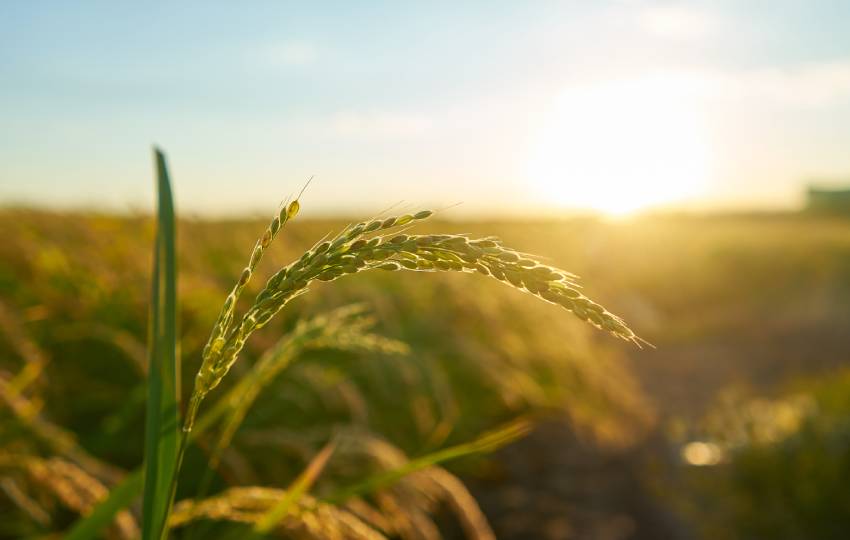Farm to Fork European strategy has its foundation on the fresh food economy as well. A concept that lies on the idea of fresh food, which we refer to any kind of edible element that has not gone through preservation processes, that might reduce its nutritional value.
Fresh Food Economy and its Contribution
In this type of economy, food is not being processed before consumption; on the contrary, different kind of procedures are followed, that maintain it fresh. Hence, vegetables and fruit maintain their dietary value of vitamins, fibers etc.
The same applies in all kinds of food. Hence, fresh food contributes to consumers leading a healthier life, where chronic and cancer diseases are reduced to the minimum. Therefore, the introduction of fresh food concept changes agricultural entrepreneurship.
Brief Introduction of Farm to Fork Strategy
It is a strategy, comprised by a number of set goals, to be achieved by 2030. The whole idea of farm to fork strategy lies on four pillars: production; practices; consumption; and waste. The overall target of this initiative is to accomplish sustainability and truly healthy food, of low-cost. Therefore, fresh food is fundamental for the overall goal accomplishment.
Institute of Entrepreneurship Development (iED) contributes to this strategy, by its participation in pertinent European projects. Our institute is part of strategic partnerships that examine the fresh food economy’s applications in entrepreneurship, including the agricultural field. “RWSFF: Rural Women to Sustainable Food and Farming – Fresh Food from Farm to Table” is an Erasmus+ project that promotes the concept of fresh food in farming, along with women empowerment. The project’s design is defined by and to contribute to the 17 Sustainable Development Goals.
For more information, related to this project, you can visit the official webpage.

